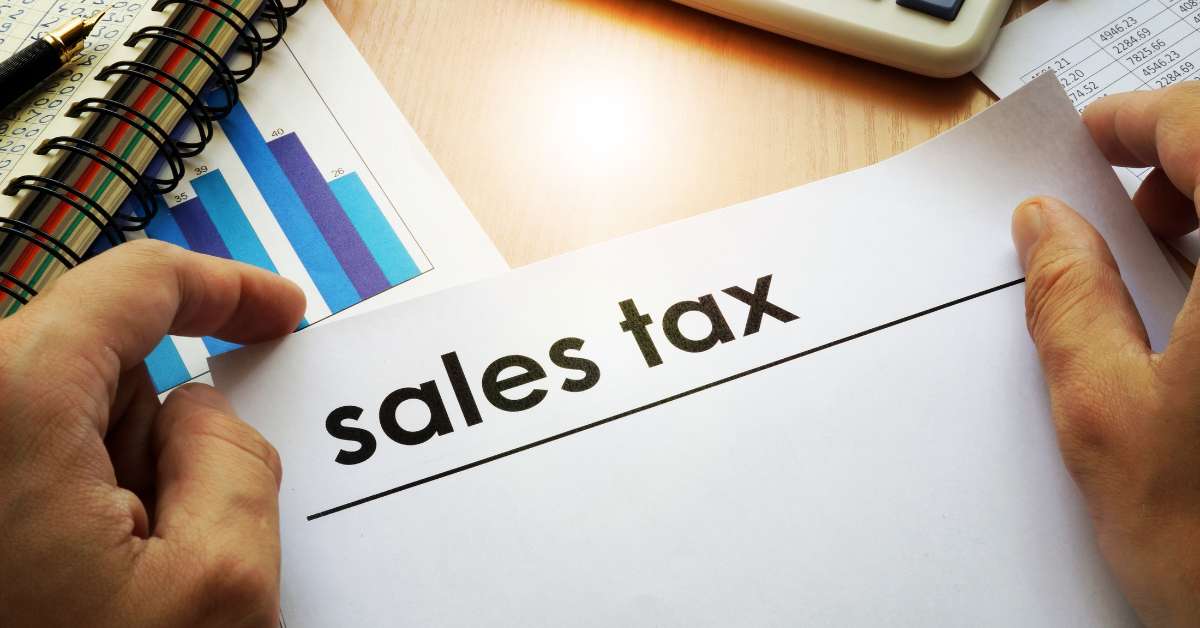Exploring Hawaii’s unique general excise tax (GET) is crucial for businesses operating in the Aloha State, whether you're a local entrepreneur or conducting business online. Adhering to state tax obligations ensures smooth operations, prevents potential penalties, and fosters positive relationships with both customers and the state government.
This comprehensive overview delves into key aspects of Hawaii's tax system, encompassing registration procedures, applicable exemptions, and filing requirements. Understanding these components will aid businesses in maintaining compliance and optimizing their fiscal strategies.

What Is Taxable in Hawaii?
In Hawaii, sales tax functions differently through a system known as the General Excise Tax (GET), which applies to most goods and services. Unlike traditional sales tax, GET is imposed on all business activities including retail, services, rents, and commissions. However, some exemptions do apply, such as prescription medicine, certain food items, and certain medical services.
If your business conducts sales in Hawaii, you must understand your responsibility to collect and remit this tax properly. It’s crucial for businesses to verify whether additional county surcharges are applicable based on business location.
Who Needs to Collect General Excise Tax?
Businesses that need to collect the General Excise Tax include:
- Businesses with a physical presence in Hawaii
- Online sellers that meet economic thresholds defined for remote sellers
- Service providers, as most services are subject to GET in Hawaii
Hawaii’s economic nexus is determined by sales figures and transaction numbers into the state. Businesses exceeding these thresholds should register and collect GET. Non-compliance can lead to fines and back taxes, making it essential to engage with bookkeeping services when needed.
How to Register for a General Excise Tax License in Hawaii
The process to obtain a General Excise Tax License in Hawaii includes:
- Collecting necessary business information and identification numbers.
- Registering online through the Hawaii Department of Taxation.
- Filling out the relevant application forms.
- Receiving your GE License which authorizes you to conduct taxable business.
Without a GE License, it is illegal to engage in business activities that are taxable under Hawaii law. Businesses should ensure that they are properly registered before beginning operations.
How to Calculate General Excise Tax in Hawaii
To correctly compute the general excise tax, the following steps should be followed:
Step 1:
Identify the applicable GET rate, which could vary between 4% to 4.5% based on the county.
Step 2:
Add any applicable county surcharges to the GET rate if they apply to the sale.
Step 3:
Collect the calculated tax amount from customers at the time of transaction.
Businesses must maintain accurate and detailed transaction records and file GET returns based on their assigned filing frequency, which can range from monthly to annual.
Understanding and applying the correct tax rates, including county-specific surcharges, is critical to ensure compliance.
Common General Excise Tax Exemptions in Hawaii
Exemptions in Hawaii’s GET system are as follows:
- Wholesale sales
- Certain food and drug sales
- Specific exports and interstate trade (subject to criteria)
Claiming an exemption requires the use of exemption certificates, and businesses must maintain thorough documentation to avoid complications during audits or reviews.
Remote Seller and Marketplace Tax Rules in Hawaii
Remote sellers and marketplace facilitators must understand Hawaii’s specific tax obligations.
Businesses exceeding the state’s defined thresholds must comply with local GET rules. The state’s economic nexus applies to businesses with a significant amount of sales into Hawaii.
This system ensures that all economic participants contribute fairly to state revenues, even those without a physical presence.
What Triggers a Tax Audit
The Hawaii Department of Taxation may select businesses for audits for various reasons, including discrepancies in filings, unreported sales, incorrect applications of tax exemptions, or frequent late submissions.
Businesses should keep thorough records of sales, tax payments, and exemption certificates to minimize the risk of tax audits. Periodic internal audits can further safeguard against potential compliance issues.
FAQs About General Excise Tax in Hawaii
Here are some common inquiries about the General Excise Tax in Hawaii:
Is there a difference between sales tax and GET?
Yes, unlike traditional sales tax, GET encompasses all business activities and is measured by gross income as opposed to the end sale to a consumer.
Does GET apply to online sales?
Yes, if an online seller exceeds the economic thresholds, they are required to collect and remit GET.
What if I incorrectly calculate GET?
Incorrect calculation could mean additional interest and penalties, emphasizing the necessity for precise record-keeping and rate application.
Are all services taxable under GET?
Most services are subject to GET, unlike many states where services may be exempt.
Stay Compliant With doola
General Excise Tax compliance can be straightforward with the appropriate steps and resources. With professional guidance, businesses can avoid penalties and focus on growth.
Consider leveraging bookkeeping services to help navigate and adhere to Hawaii’s GET requirements, ensuring complete compliance.




